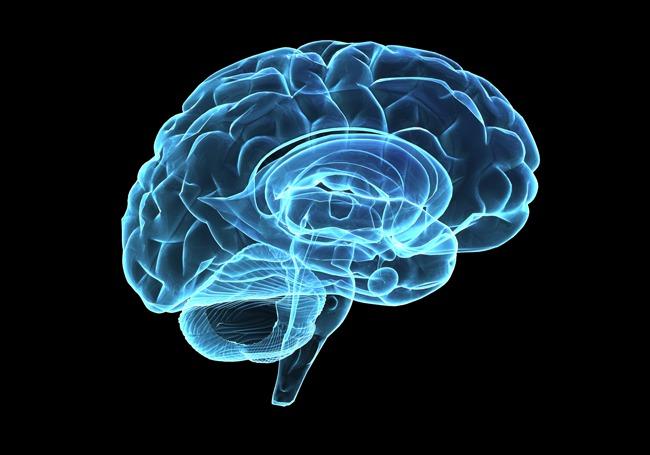PsaltiChrysostom
Well-Known Member
- Mar 20, 2018
- 1,047
- 1,003
- Country
- United States
- Faith
- Eastern Orthodox
- Marital Status
- Married
I have a Bachelor's in Religious Studies. 2 classes on Buddhism and eastern religions, 3 on Islam and Middle Eastern studies. There's a lot to take in unless you are just covering the general basics of a religion."Buddhism, the universe is eternal and in Christianity it is finite." Yea this is one of the thing's Islamic philosophers always refuted, part of basic Islam when they were forming their new religion. I'm surprised no one does a comparative analysis of Islamic and Buddhist philosophy, or for that matter why Zaytuna doesn't interact with seminaries considering they all study philosophy. I would like to see a seminary that teaches all of it in one place so students can understand all the major religions.
Upvote
0




